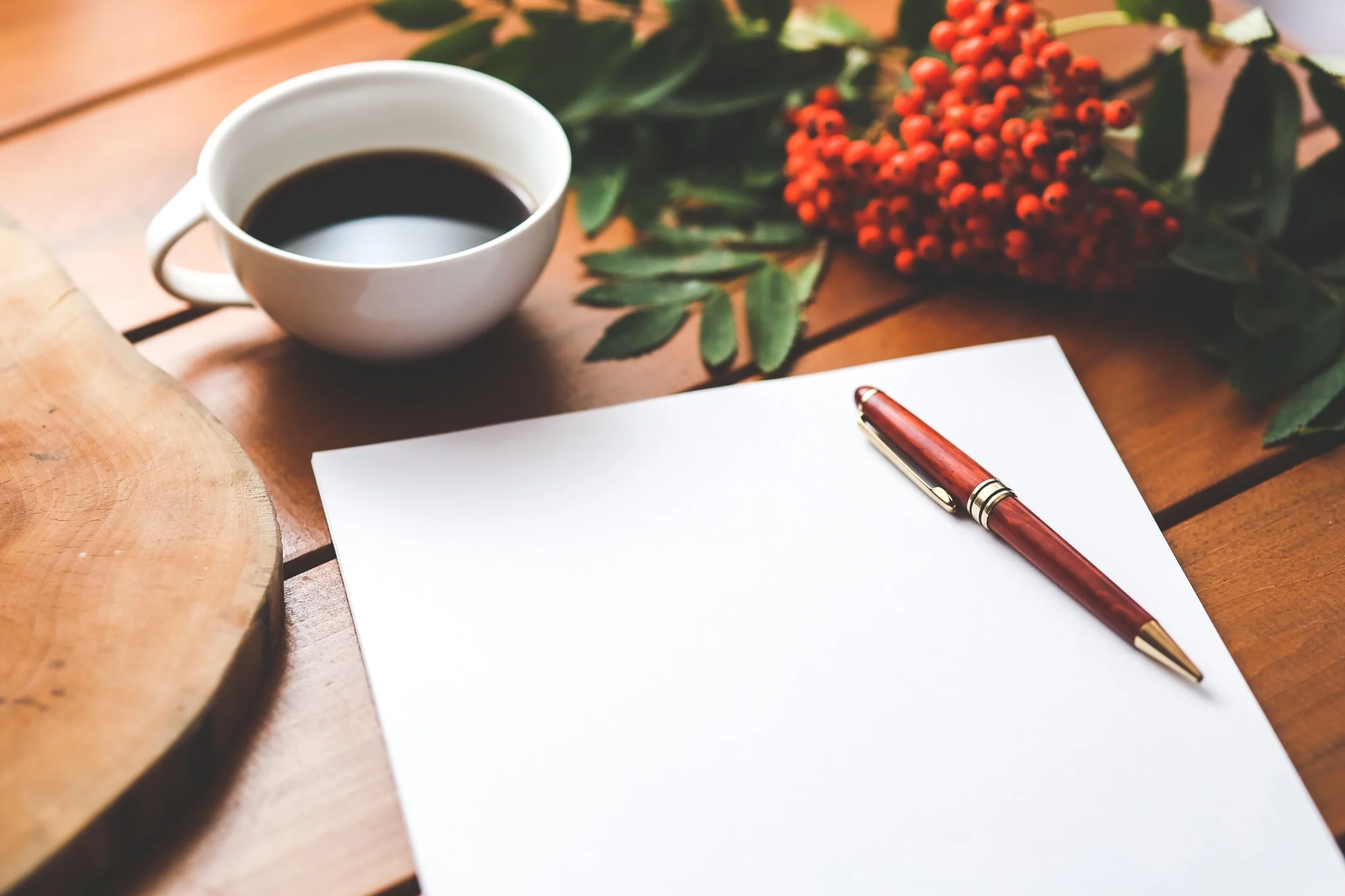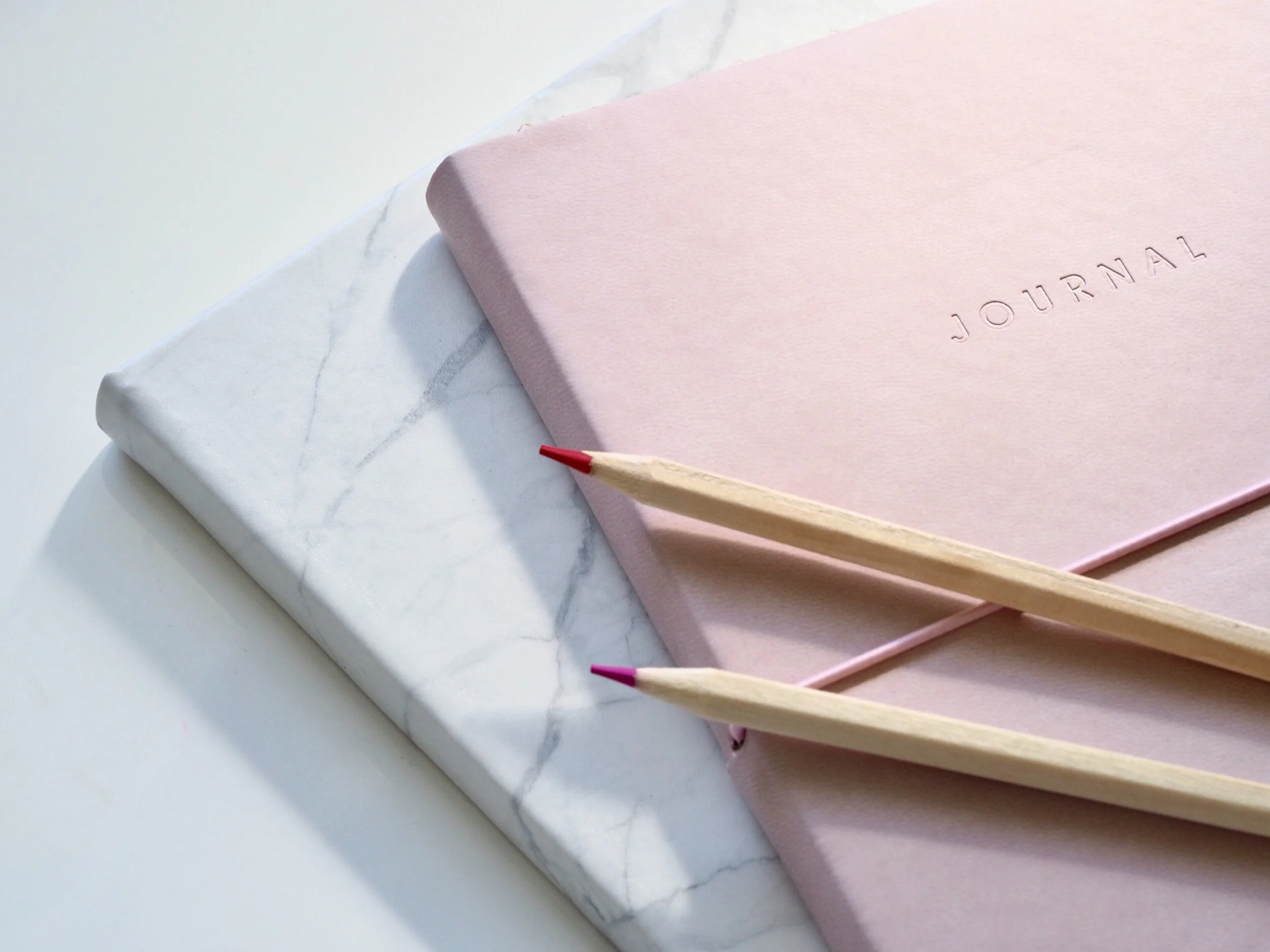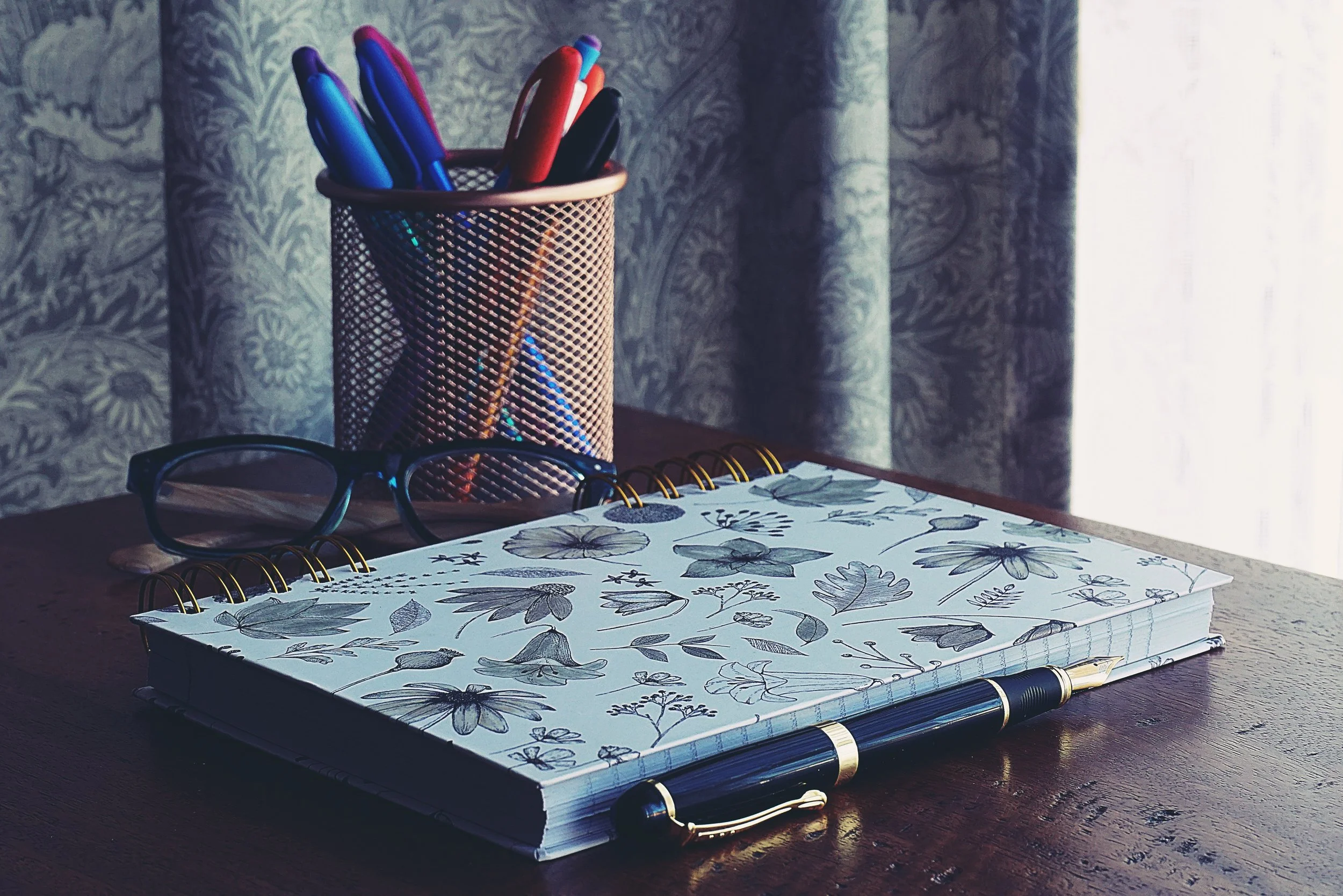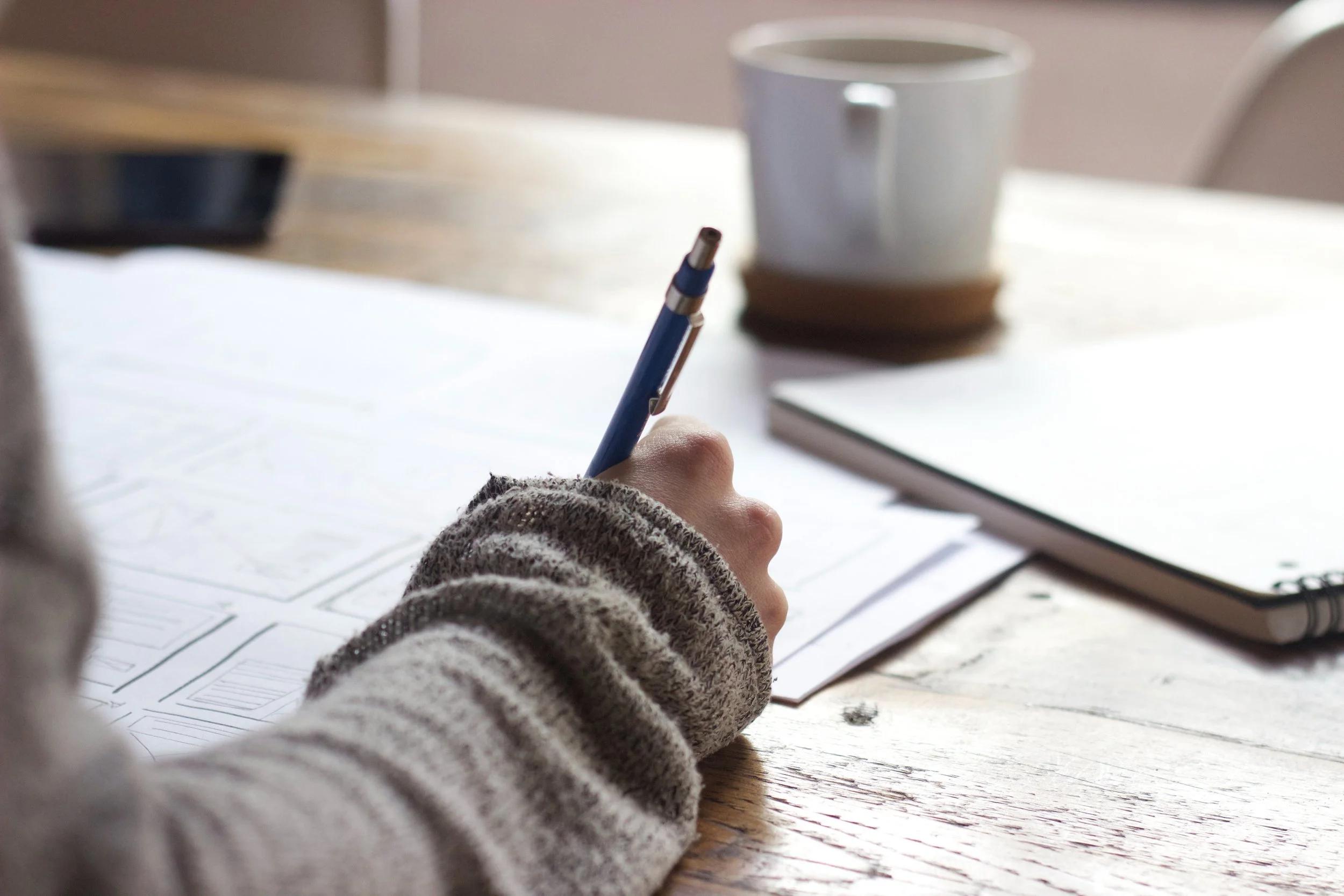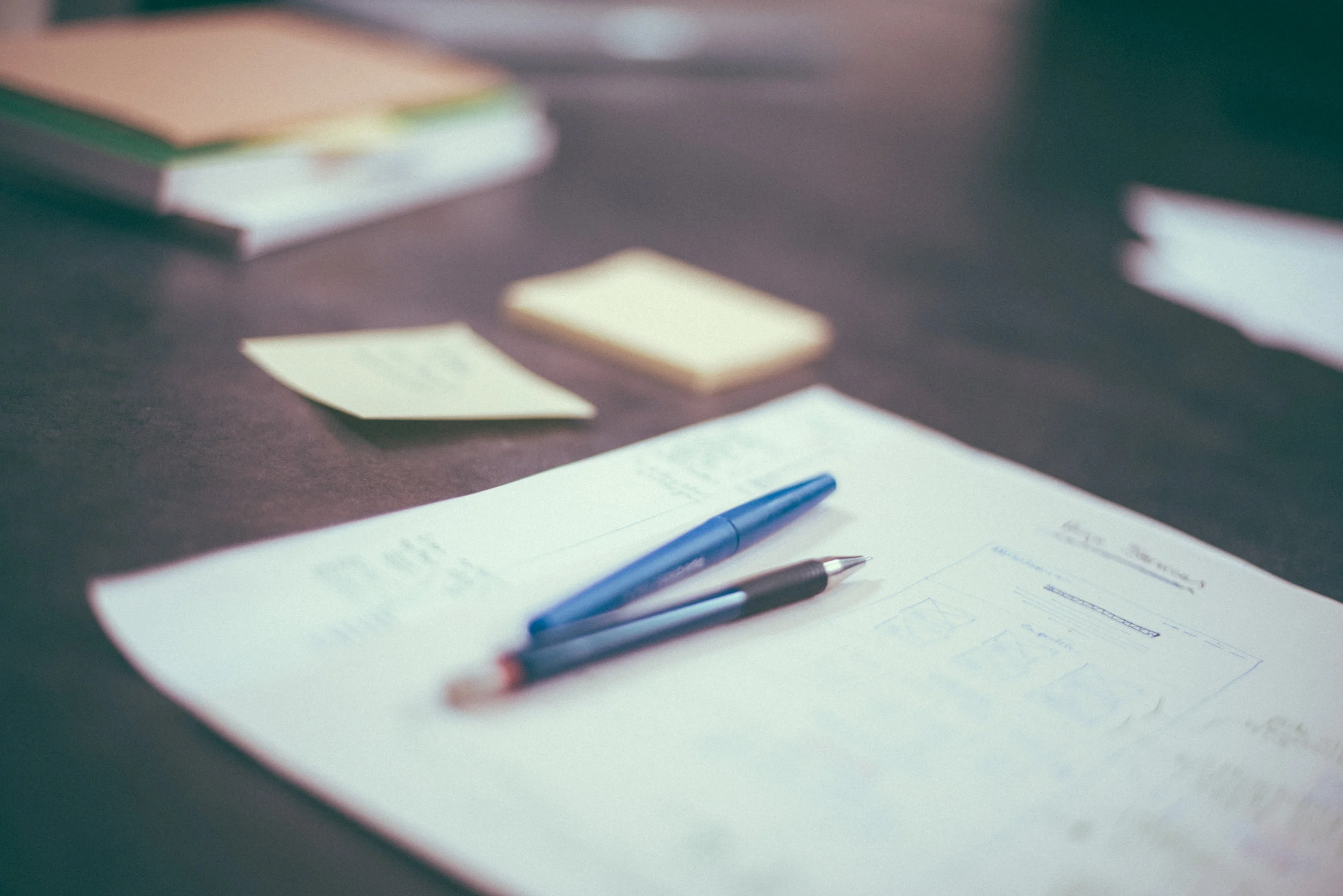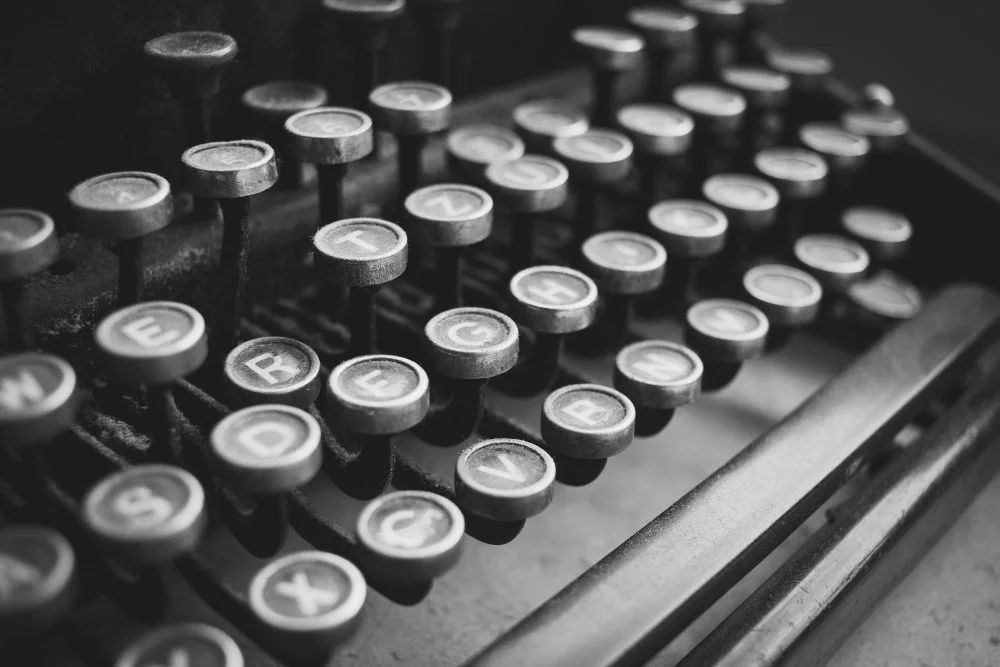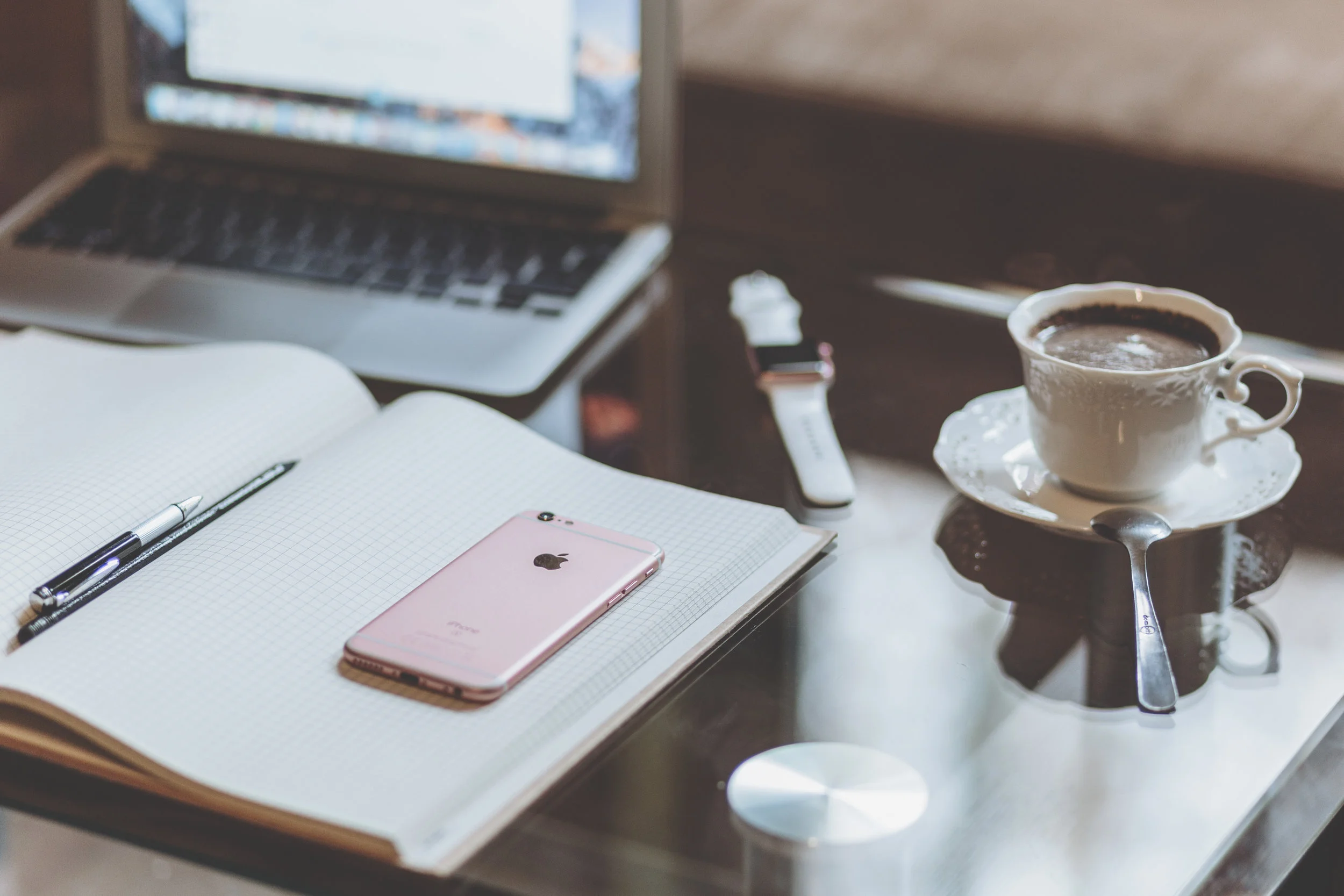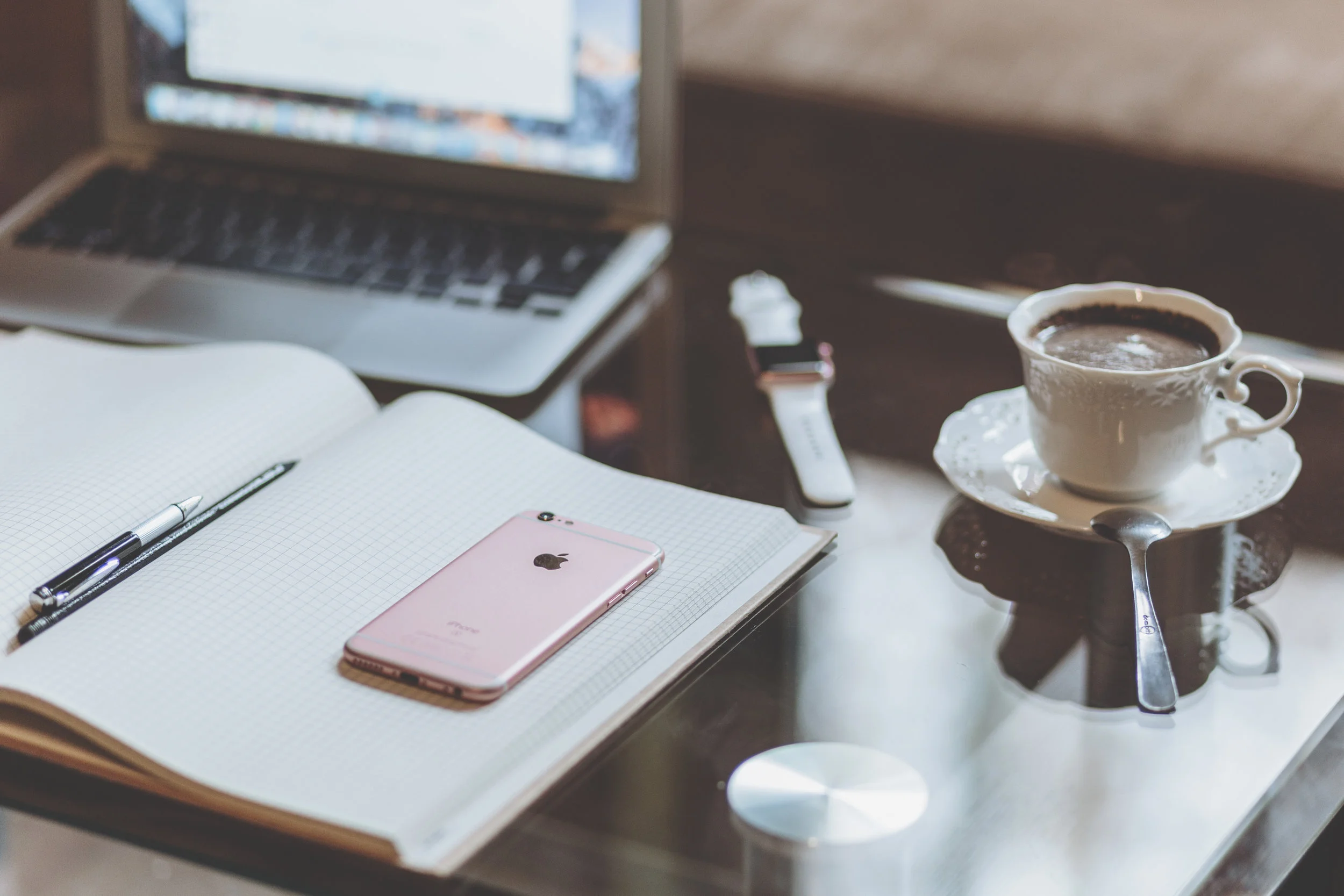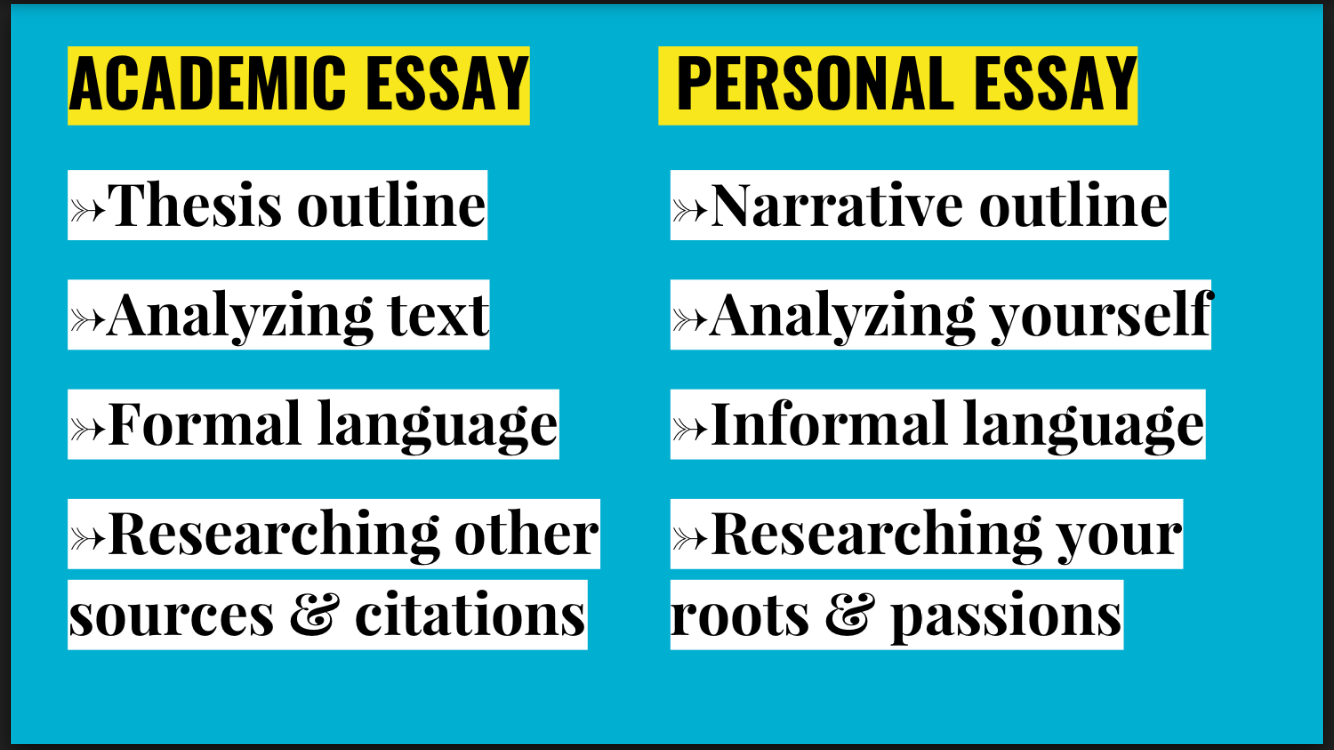How to Journal Your Way to a Creative Personal Statement
/The goal of a personal essay is to write something real and unguarded, which is why I recommend journaling as a brainstorming technique. It’s quite common when writing such a momentous essay that carries so much pressure to write what you think they want to hear instead of what is true to you.
Use Old-School Pen & Paper
I recommend the old-school writing technique of journaling: pen and paper, when you are relaxed (like before going to bed). The tactile approach has a magical way of accessing a deeper self-reflection than using your regular school laptop. At this point, you need to write more than you think and journaling is a great way to silence your inner critic. Journaling also has proven therapeutic benefits, so it’s a great habit to develop that will help you write your way through whatever you’re going through.
Schedule It Into Your Day
Many clients have told me that journaling worked wonders for them when they were feeling stuck (and I can vouch for it from personal experience as well). I want you to take your time and allow for no distractions - make sure you schedule at least an hour to set yourself up for success. You don’t want to feel rushed, since that doesn’t usually lead to your best work. Building this time and habit into your day will lead to results - you’re training your brain that this is your creative time.
Force yourself to keep writing even when you feel you’re done - that’s when the breakthrough will happen.
Choose a Relaxing Time & Place
I recommend trying to journal before you go to bed (or another time that’s relaxing for you) because you’re chilled out and your brain thinks, “Oh this is just a diary entry, no pressure.” Pick a place with the lease amount of distractions so you can enter into a flow state. I do this in bed before going to sleep since the dim lighting and quiet help me feel more at ease. There’s something about the nighttime quiet that works well for me, but everyone is different. Maybe you’d rather sit by your favorite painting in a museum on the weekend or find a quiet alcove in a nearby park after school.
Just write naturally - don’t try to embellish. Your goal is to get your thoughts down on paper, nothing more. If you’re stuck, I recommend my trusty writing mantra: Write Now. Revise Later. Trust me, it works to conjure your subconscious and creativity.
Force Yourself To Dig Deeper
The hardest part about self-reflection is making sure you go deep beneath the surface and really analyze your thoughts, emotions, and actions. The best way to do this is to ask yourself “why” and “how” after every sentence. The most common follow-up questions I ask to get to a deeper self-analysis are: “Why did you feel that way?” and “How did you overcome that?” By asking yourself to dig deeper in your motivations or realizations, you might end up surprised at what you discover about yourself.















